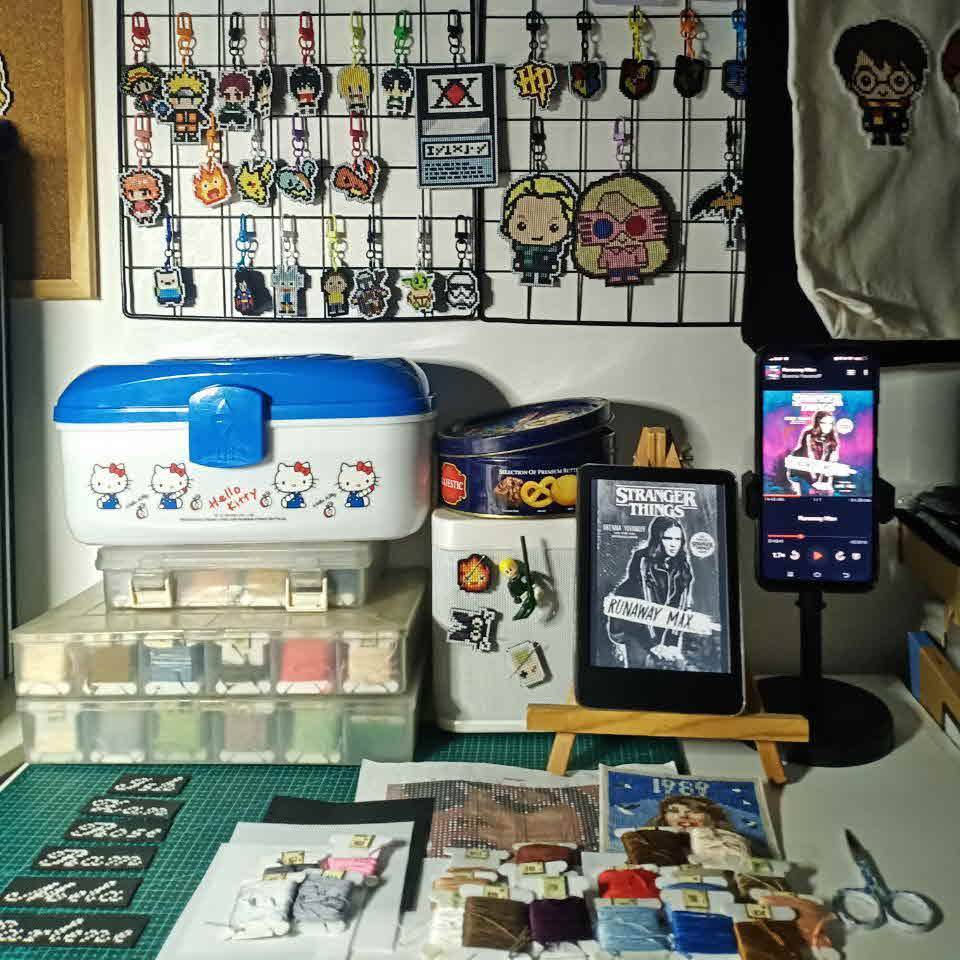
Stranger Things: Runaway Max to cap off the night🎧 Finishing up the name patches and TS albums🎶
Happy Thanksgiving!
#strangerthings #kindle #crossstitch #swiftie #totefairie

Stranger Things: Runaway Max to cap off the night🎧 Finishing up the name patches and TS albums🎶
Happy Thanksgiving!
#strangerthings #kindle #crossstitch #swiftie #totefairie
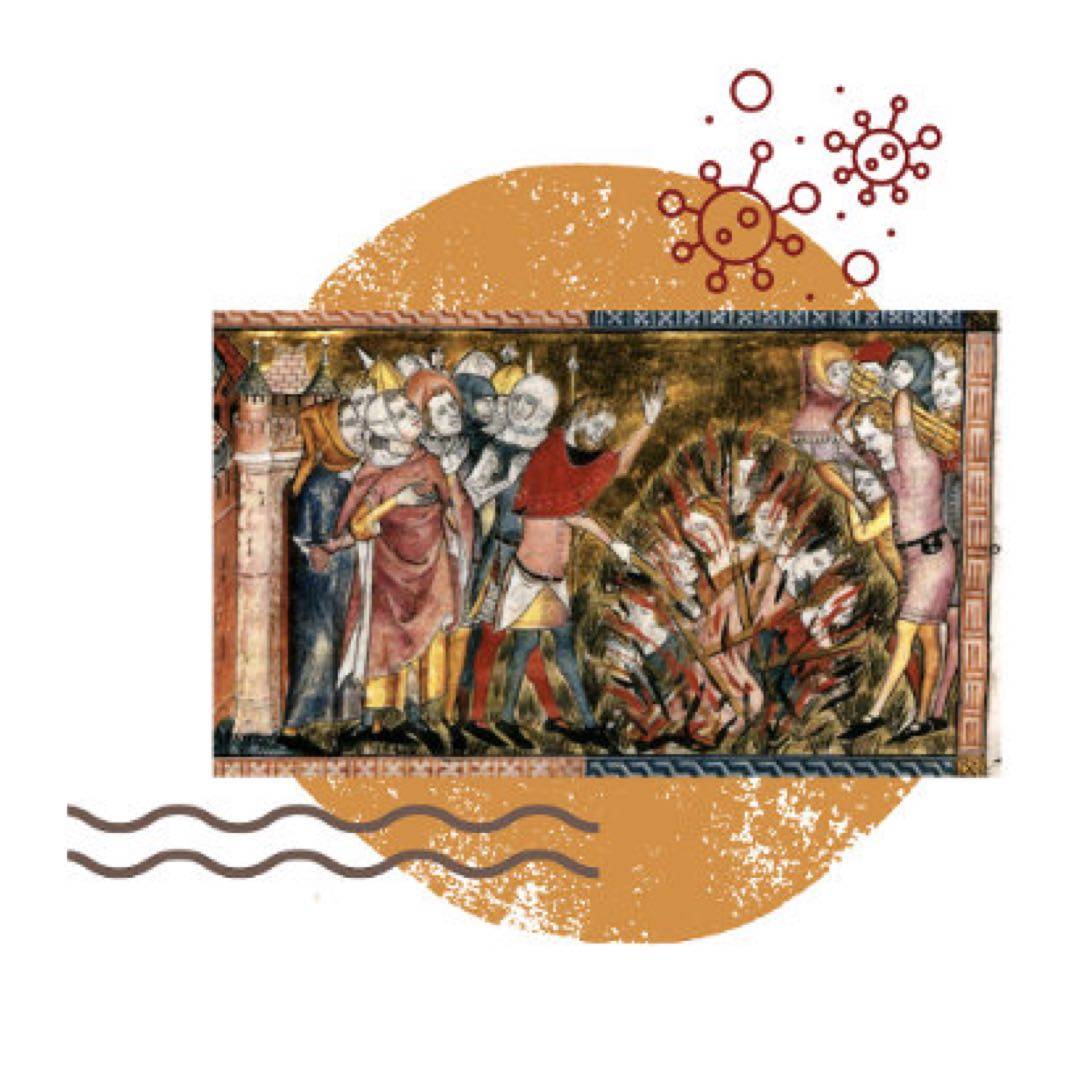
In a dystopian setting, people are controlled by the government. Emotions are illegal, and faces are masked; it is a dehumanized society. When a young boy dares to defy the authorities, he is sent back to the distant past in an attempt to tame him. But will he come back the same?
An YA novel but important lessons for everyone in our times.
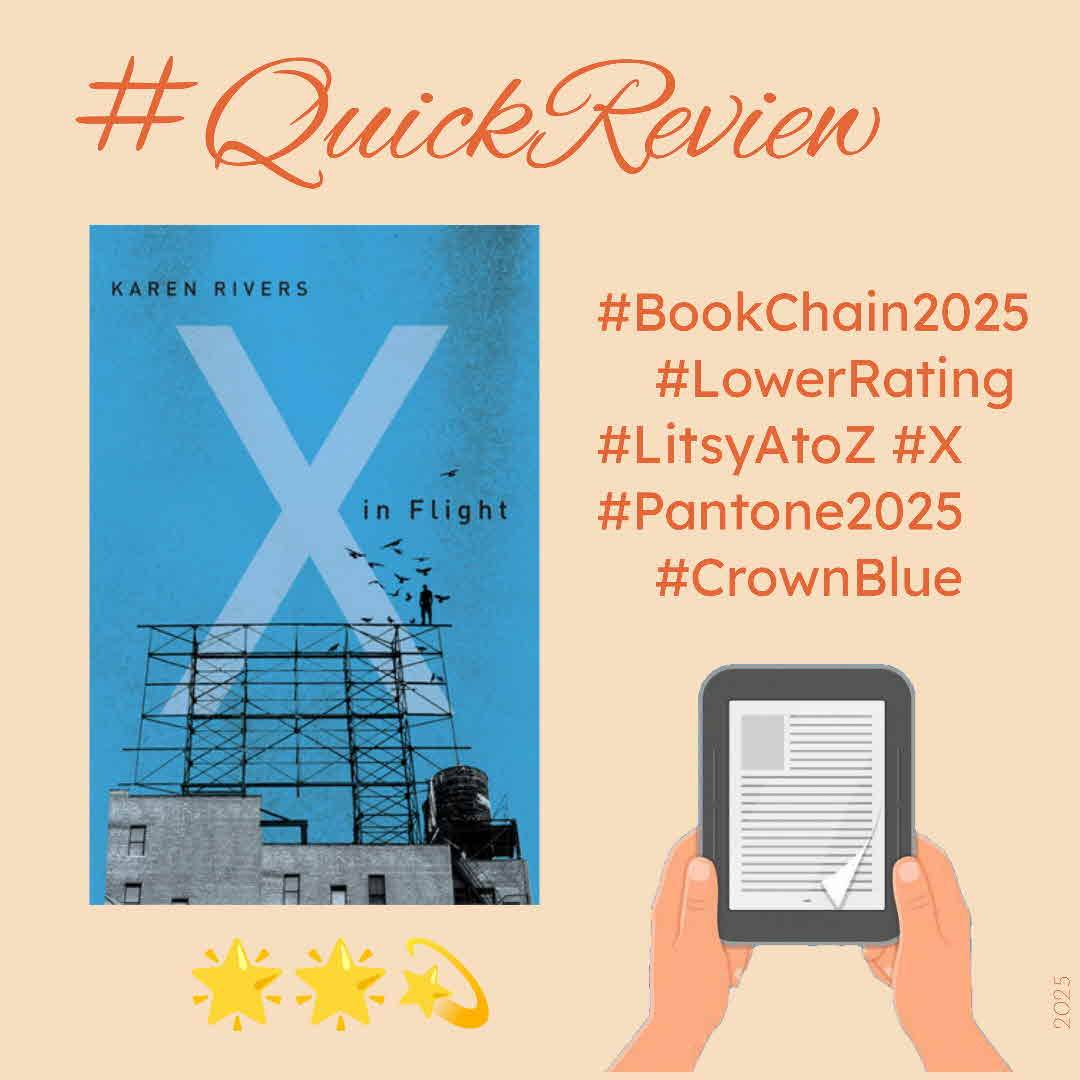
2½✨
Teen drama and turmoil at full throttle
The way this story was told from three different perspectives—first, second, and third person—really threw off the flow. It felt like I had to reset my brain with every chapter.
#BookChain2025 #LowerRating @TheAromaofBooks
#LitsyAtoZ #X @Texreader
#Pantone2025 #CrownBlue @Lauredhel
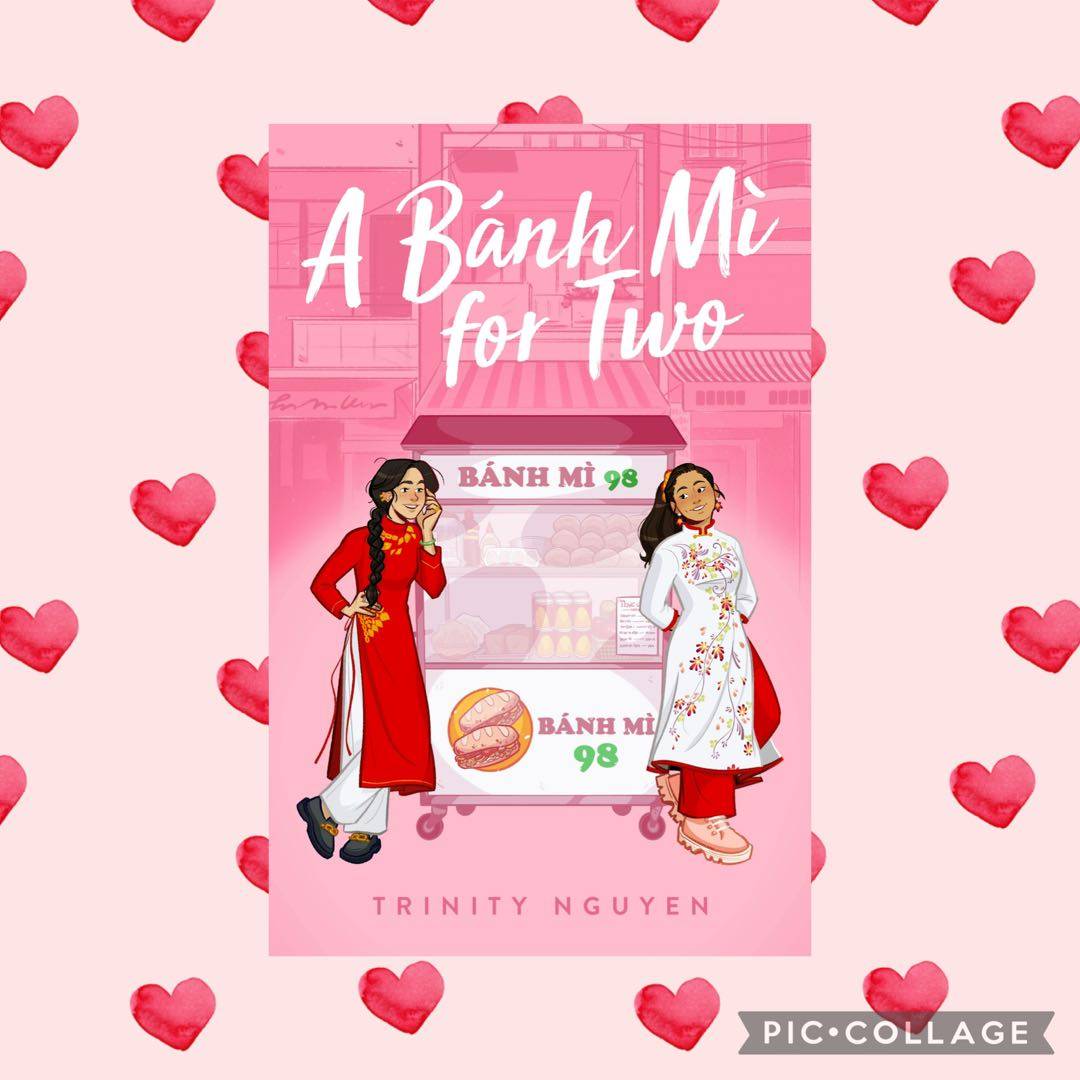
A girl or teenager secretly takes a study abroad in Vietnam to find her mother's family and meets the writer/food vendor of her dreams. This was pretty cute and there was a lot of attention paid to the culture and setting. Both characters' fears and griefs were well explored. I couldn't decide if the characters were Middle schoolers or high schoolers though. I think high school? They often felt much younger. #LGBTQIA #AAPI #Vietnam #Food
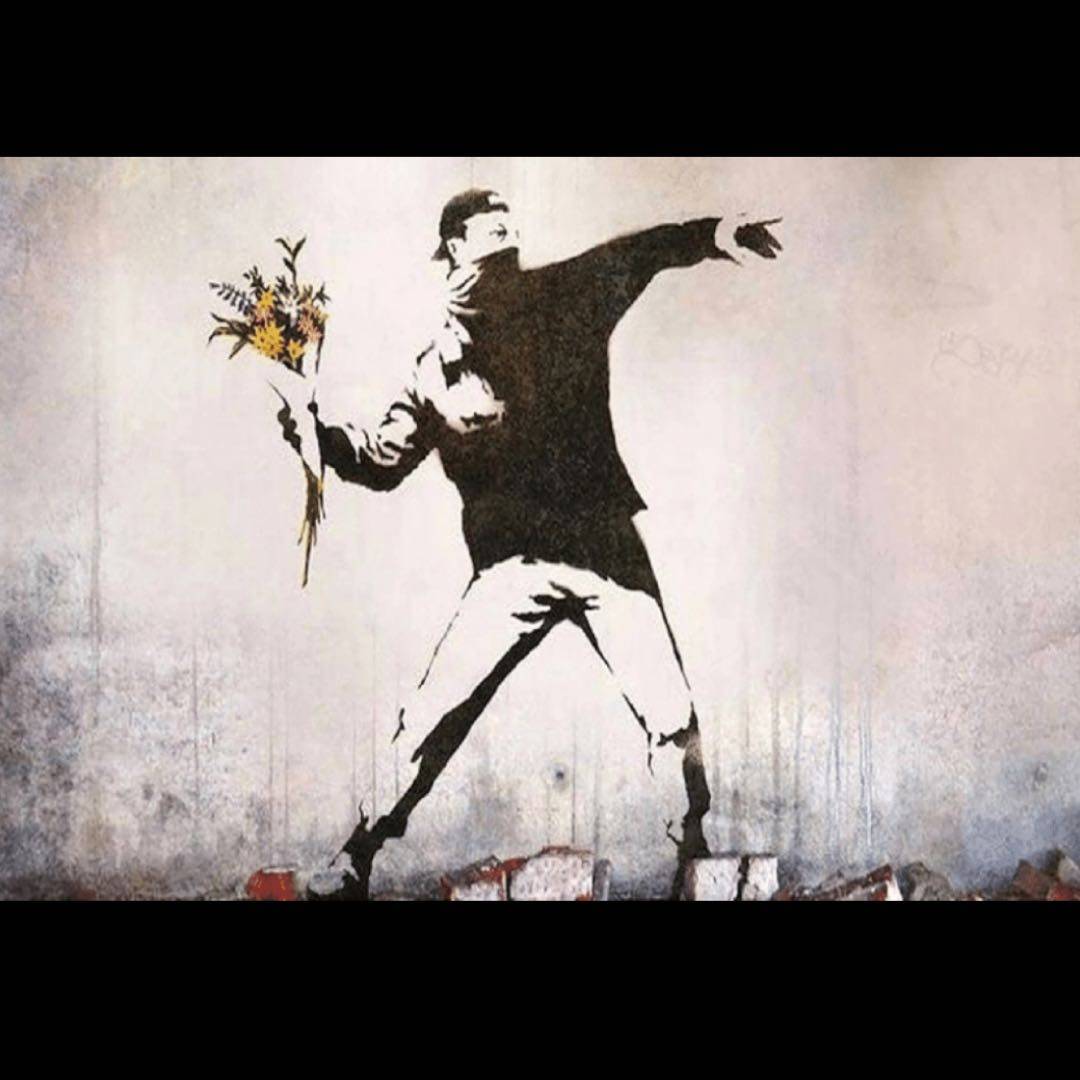
We now know the truth. Diversity results not in universal good but in evil. We know that music, art, dance, poetry—all these ancient and deviant activities—only inflame the emotions. They must be rooted out. We discovered long ago that there is but one road to Universal Good, and that road begins with Conformity. Conformity begets Harmony begets Tranquility begets Peace begets Universal Good. ⬇️
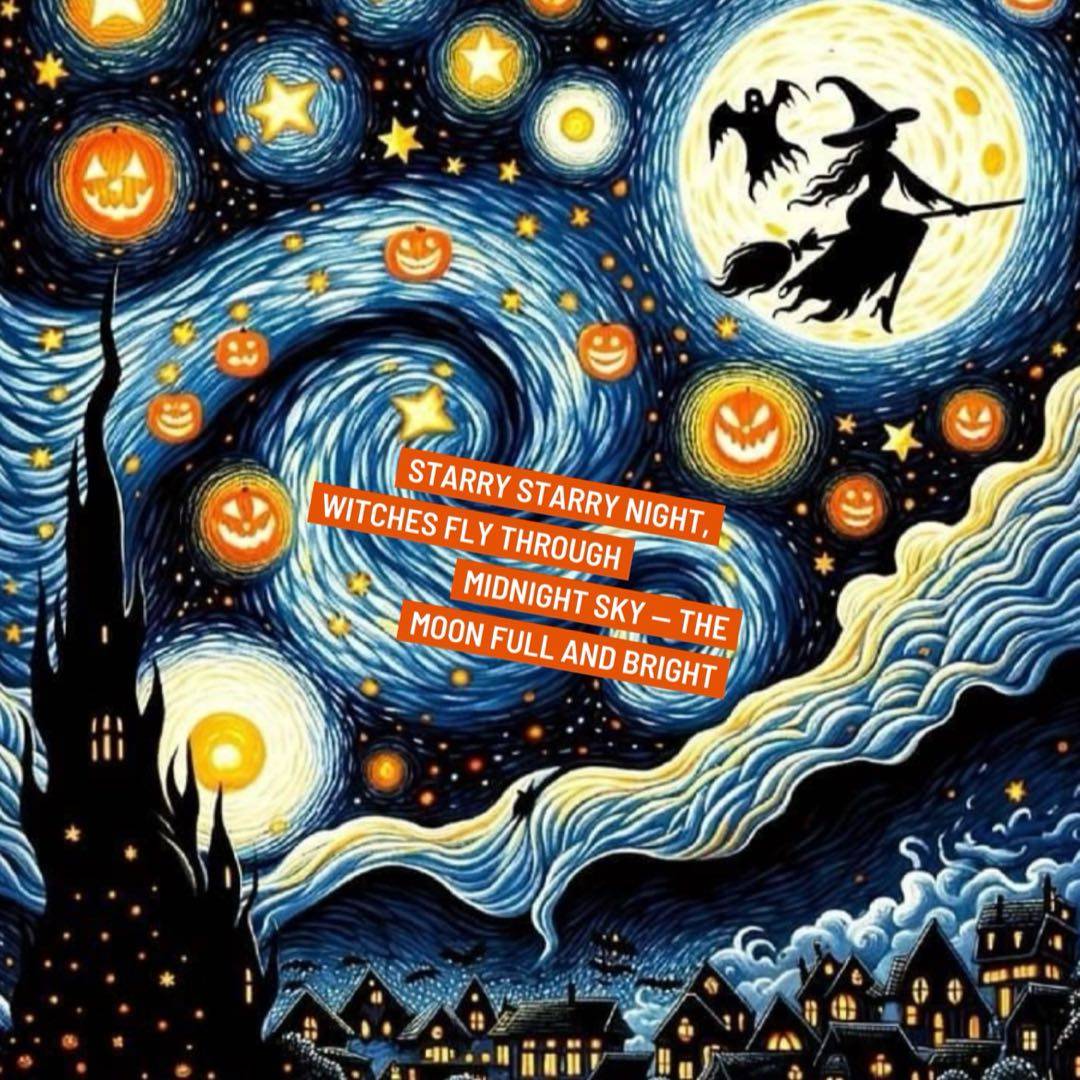
starry starry night,
witches fly through midnight sky —
the moon full and bright. 🌕
#haikuhive #haikuaday #poetry #halloween #witches
Stories keep the world intact. Storytelling predates the written word by about 3000 years. Fairytales specifically have always protested against societal constraints and commented on the human condition. Fairytales offer whimsy and truth. The whimsy makes us brave, and the truth points us in the right direction. I use fairytales from around the world because they remind me of hope and they show that no one is immune to sorrow.

Did you know that trees talk? Scientifically, another tree can send love to a sad one or a sick one. Baby trees hardly get any light, which means that a baby tree should die, but the roots of the vast trees feed it. Some forests are just fine. They are roots and joy and babbling brooks. Did you know if there‘s something that poisons one tree, the forest can suffer? That‘s how I think this happened. That‘s why it‘s all my fault.